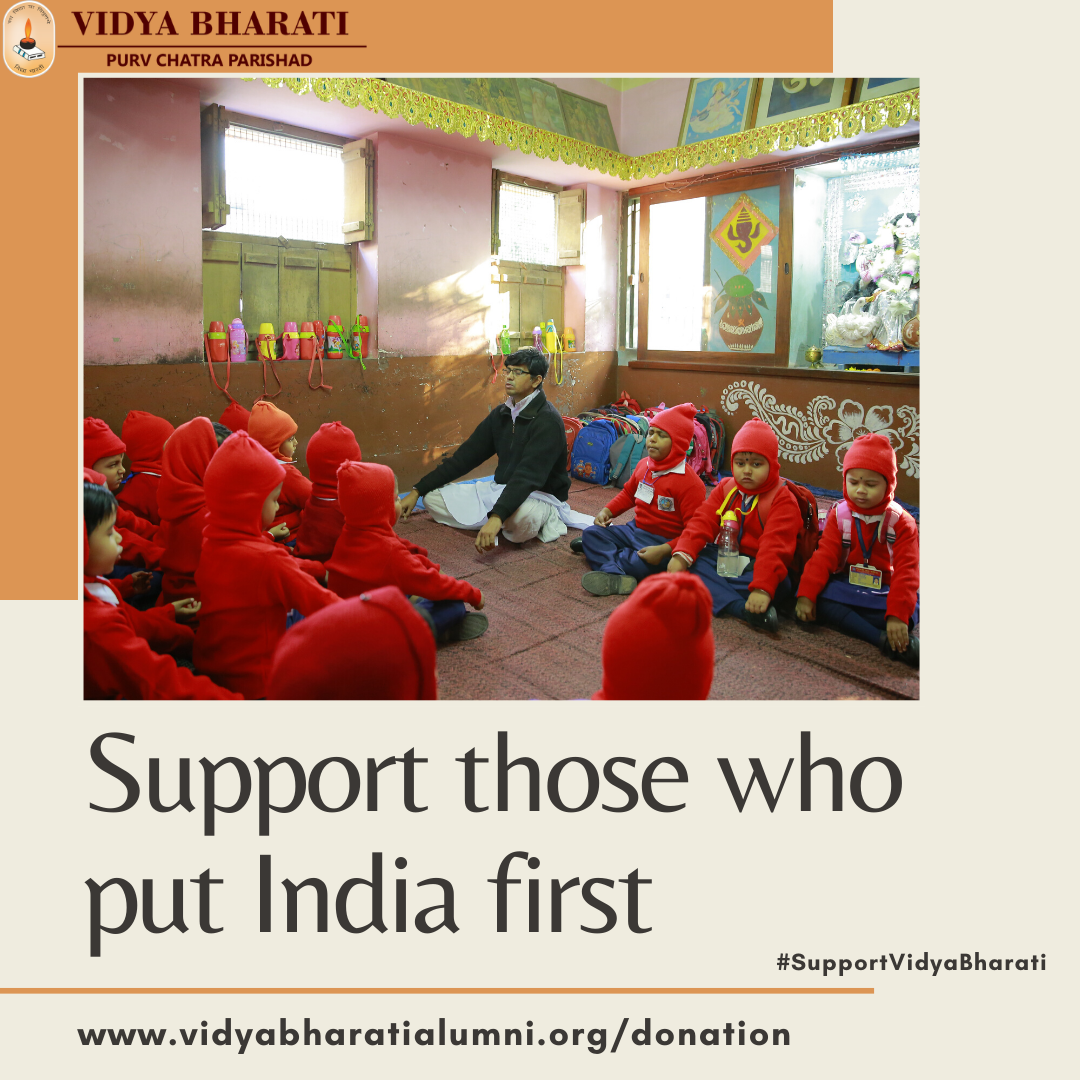Rituparna Sarmah, Vidya Bharati alumni starts NGO, Bandhab to raise voice against groundwater contamination
Rituparna Sarmah, Vidya Bharati alumni starts NGO, Bandhab to raise voice against groundwater contamination
Groundwater contamination is a rising concern in India. Man made problems resulting from uncontrolled urbanisation, industrialisation, poorly managed waste disposal, use of chemicals in agriculture and rapid depletion of natural resources, all have the potential to contribute towards groundwater contamination. Studies shows that 50% of Indian districts have alarmingly dangerous levels of nitrates, arsenic or heavy metals present in their groundwater and water bodies.
According to WHO, drinking contaminated water over a long period results in various health effects including cancer, disease in blood vessels, reproductive system disorder, potential organ failure and much more.
A similar story can be seen in Majuli district of Assam. Majuli is the biggest river island in the world, situated in the Brahmaputra River. 15 to 20 years back, Oil mining project in the area led to degradation of water quality. Independent test by an NGO revealed that water had become unfit for consumption in the entire island.
Rituparna Sarmah, an alumni of Vidya Bharati Sankardev Bidya Niketan Garamur, Majuli and a resident of the place became disheartened by the suffering of his fellow inhabitants of the island. Water degradation had began to lead towards short and long term health issues, often resulting in high death ratio. To combat this widespread problem, Rituparna Sarmah established an NGO named “BANDHAB”.
The organisation urged the government to take action and set up water filtration system in each household, which gradually resulted in government aided projects starting in the area. Rituparna along with other members of the organisation have also set up water filters in several houses of Majuli.
Apart from this, NGO Bandhab is also working on reducing plastic pollution in the area. The organisation produces hand made paper and cloth bags which can be easily recycled. Regular awareness programs on the need to reduce plastic waste and their harmful effects on both human and surrounding marine ecology, is a part of the organization's monthly plan.
According to Rituparna, his constant fight to solve environmental issues plaguing his home island, is a direct reflection of thoughts installed in him by his school. He stated that Vidya Bharati has taught him to be self sufficient and learn to resolve one’s own difficulties, without relying on external help.
If you have a similar story or experience to share, kindly email us at info@vidyabharatialumni.org
Category
- Alumni Interviews (191)
- Social Service (130)
- Alumni Achievements (27)
- Vidya Bharati Schools (27)
- Events and News (22)
- Vidya Bharati Teachers (12)
- Environment and Sustainability (4)
- Social (1)

